Press release 6 August 2019.
According to research* carried out by GRiD, the group risk protection industry body, 42% of companies don’t measure staff appreciation of benefits.
It takes time and resources to offer benefits to staff, and, in addition to helping companies support their staff, they are also an excellent recruitment, retention and engagement tool. If companies don’t measure how much they are valued, they’re missing a trick, says GRiD.
Support recruitment and retention
Asking which benefits are most appreciated gives employers great insight. It can show which benefits are understood, whether or not they add any value for an employee, and which ones are most relevant – to a workforce as whole and to specific demographics. It can help employers decide which benefits to enhance and which ones could be ditched.
When companies are competing for talent, employee benefits can be a great differentiator. A comprehensive employee benefits package demonstrates how much a company cares about its staff and can be a reason to join.
When employers don’t know which benefits are valued, they don’t know which are going to work harder for them when trying to recruit. The same applies when they’re looking to engage and retain their workforce.
So it’s crucial that employers understand how much their employee benefits are appreciated.
Asking staff shows increased appreciation
Companies that engage their staff see a greater appreciation. Of those that do measure staff appreciation, 55% believe their staff value their benefits very much. Of those that don’t measure, only 25% believe their staff value their benefits very much.
Katharine Moxham, spokesperson for GRiD said: ‘Those employers that don’t ask their staff what they value may be worried that the benefits they offer won’t be appreciated, but our research shows that they may be pleasantly surprised. And the more that companies understand which benefits resonate with their staff, the easier it is for them to make decisions about future benefits.
‘When employers don’t measure how much their benefits are valued, they’re only really doing half a job. Offering them is one thing, but it’s crucial that employers know which ones are adding value to their company.’
Hassle v Insight
One of the reasons that may hold employers back from measuring is the perceived hassle, time and cost of doing so. But companies have done the hardest work in choosing which benefits to offer and sourcing them in the first place; measuring appreciation doesn’t have to be complicated, and help is available.
A relatively simple set of questions asking employees which benefits they believe they have, and which ones they value can provide great insight – not only into which current benefits are appreciated, but also which others might be relevant.
Moxham concluded: ‘It’s often the case that employers seek to offer a package that accommodates different generations and sectors of the workforce but there are some benefits that every member of the workforce needs, regardless of age, position or salary, such as group risk protection benefits, which help employees and their families maintain their financial resilience in the event of death, long-term sick-leave or diagnosis of a critical illness. Staff don’t always realise that everyone needs a way of protecting their financial position so it’s important to both measure appreciation and communicate value.
‘Just consider the case of a young unmarried person who might think there is no need to take up a flex choice for life assurance but forgets that their parents or partner might have to continue to pay their share of the rent after their death. Or the worker who still thinks “the State will provide”. Or the estimated 125,000** people of working age diagnosed with cancer every year.
‘Understanding what staff need is key to ensuring that what’s offered is relevant.
‘We’d also encourage employers to talk to their advisers about help they can give in this area. Advisers see it as important that the benefits they recommend are appreciated and being utilised by employees. They often have tried-and-tested ways to help employers with the seemingly onerous task of investigating the relevance of benefits.’
- Ends –
*Research undertaken by Opinium on behalf of GRiD amongst 500 HR Decision makers between 4-18 March 2019.
** https://www.macmillan.org.uk/about-us/what-we-do/how-we-work/work-and-cancer
For further information please contact:
Sharon Mason
SMUK Marketing and PR
smason@smuk.org.uk
Mob: 07747 611773
Land: 01252 843350
Katharine Moxham
Spokesperson for GRiD
Katharine.moxham@grouprisk.org.uk
Mob: 07887 512508
Notes for editors
About GRiD
Group Risk Development (GRiD) is the industry body for the group risk protection sector, promoting the value to UK businesses of providing financial protection for their staff, enhancing their wellbeing and improving employee engagement. Our membership includes insurers, reinsurers and intermediaries who have a collective wealth of experience built over years of operating in the group risk protection market. Under the chairmanship of Steve Bridger (MD Group Protection, Corporate, Aviva UK Insurance) GRiD aims to promote group risk through a collective voice to Government, policymakers, stakeholders and employers.
GRiD works with government departments and regulators involved in legislation and regulation affecting group risk benefits, and with other organisations involved in the benefits and financial protection arenas. GRiD also seeks to enhance the industry’s standing by encouraging best practice and by participating in industry-wide initiatives such as the professional qualification in group risk managed jointly with the Chartered Insurance Institute.
GRiD’s media activity aims to generate a wider awareness and understanding of group risk products and their benefits for employers and employees.
GRiD’s dedicated spokesperson, Katharine Moxham, provides expert media comment on a full range of group risk issues.
Follow Katharine Moxham on Twitter @KMoxham


